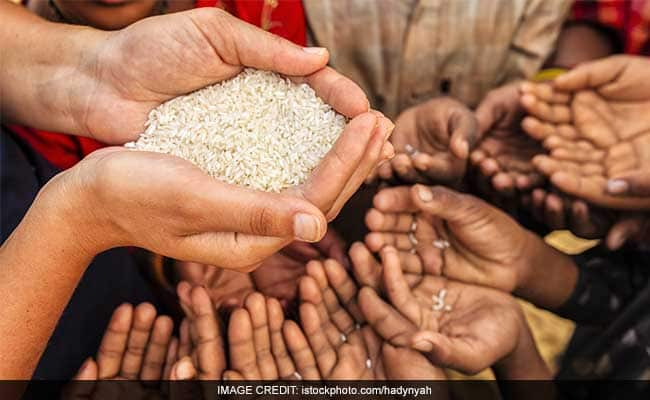
A massive 60 per cent of all countries receiving grants or loans from the International Monetary Fund and World Bank are witnessing high or increasing income inequality, an analysis by Oxfam International has revealed.
The non-profit organisation said that of 106 such countries, income inequality is either high or rising in 64. The level is considered high when the Gini coefficient – a measure where 0 represents perfect equality and 1 represents perfect inequality – is above 0.4, the warning mark set by the United Nations.
The Oxfam analysis revealed that income inequality is high in 42 countries, including Ghana, Honduras and Mozambique, and has risen in 37 countries over the past decade, including Burkina Faso, Burundi, Ethiopia and Zambia.
“The IMF and World Bank say that tackling inequality is a priority but, in the same breath, back policies that drive up the divide between the rich and the rest. Ordinary people struggle more and more every day to make up for cuts to the public funding of healthcare, education and transportation. This high-stakes hypocrisy has to end,” said Kate Donald, head of Oxfam International’s Washington DC Office.
Terming an agreement by the World Bank to target cuts in inequality for the first time since its formation in 1944 a “landmark move”, she added, “But if the Bank is serious about tackling inequality, the first test will be making it a headline priority for its lending to the world’s poorest countries, being discussed now at the Spring Meetings.”
The Spring Meetings of the IMF and the World Bank will be held in Washington DC between Monday and Saturday (April 15-20), with the main events beginning on Wednesday.
A release issued by Oxfam said donor contributions to the World Bank’s International Development Association (IDA), which provides grants or low-interest loans to the world’s poorest countries – over half of which are in Africa – have flatlined in recent years despite growing needs.
World Bank President Ajay Banga has called on donor governments to make the next IDA replenishment the “largest of all time”, which is important given the debt crisis faced by low-income countries.
Oxfam said ballooning debt and interest repayments are diverting resources from crucial areas like public education and healthcare. “Based on World Bank analysis, Oxfam finds that half of IDA-eligible countries are overindebted and need nearly half (45%) of their debt cancelled,” the release said.
The organisation said IDA funding shortfalls can be met by increasing taxes on the income and wealth of the world’s super-rich, which can raise trillions of dollars. The money, it said, can also be used to fund the countries’ development and help them combat the effects of climate change.
Stating that the G20 Finance Ministers’ meeting during the Spring Meetings could be key to doing so, Oxfam said the current G20 Chair, Brazil, has called for a global plan to ensure the world’s super-rich pay their fair share in tax. France has also supported the call.
The non-profit said any global deal should ensure a high enough rate of taxation for the super-rich to bring down inequality. As an example, it said, an annual net wealth tax of over 8% would be needed to reduce billionaire wealth.
“We don’t buy the excuse that ‘we can’t afford it’ – the money is there; it’s just not flowing to where it’s needed. We urgently need donor governments to step up their contributions to IDA, and for the G20 to move forward with a global deal to tax the super-rich. It’s all part of ensuring that rich countries and rich people pay their fair share towards tackling inequality and climate breakdown,” Ms Donald said.